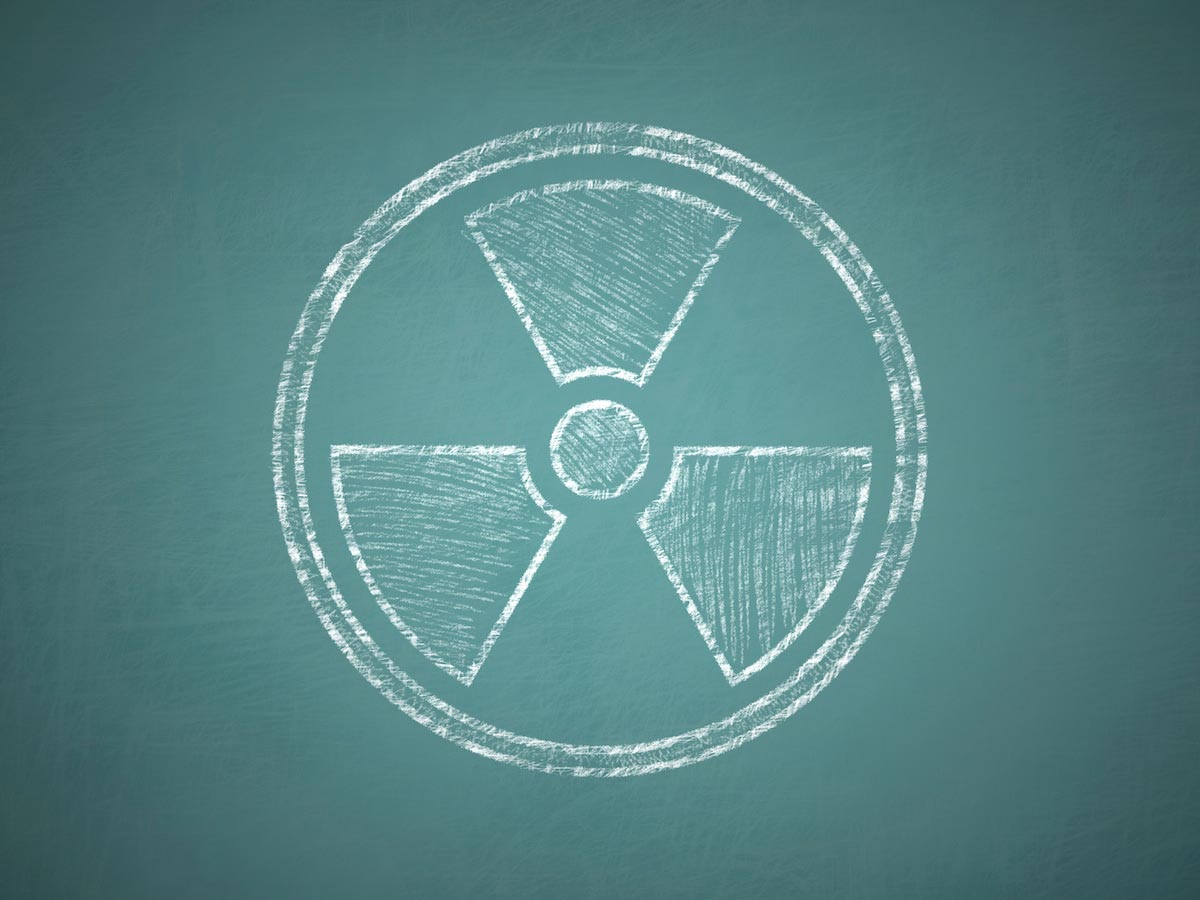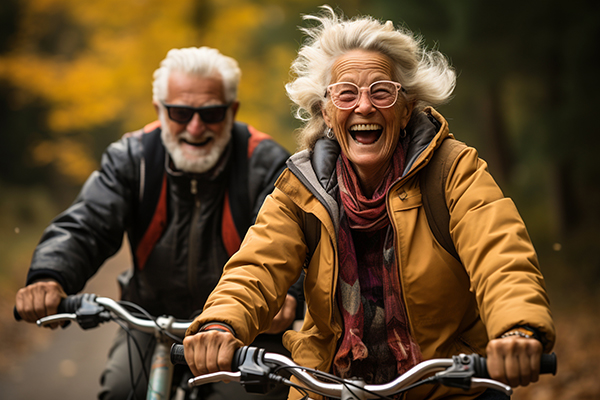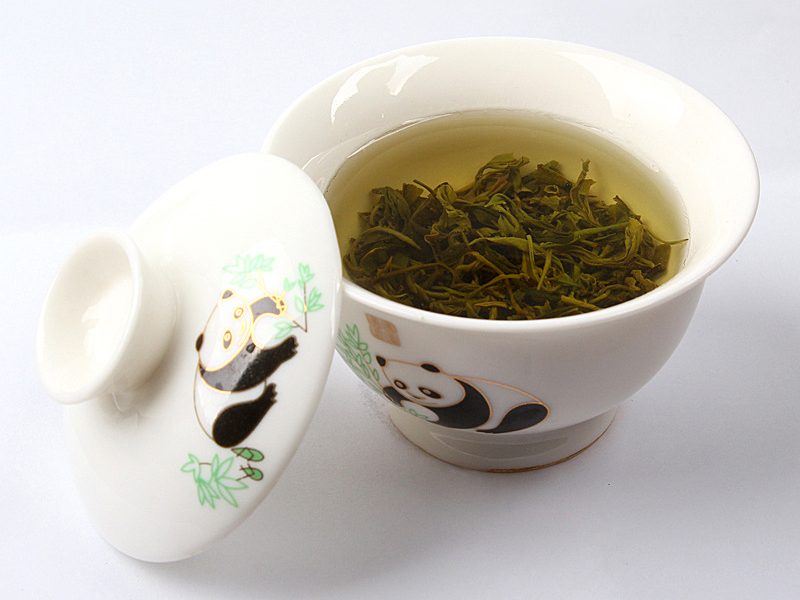
UV Sense is a battery-free device that can fit on a thumbnail, and it was designed to detect radiation from the sun. The sensor can change color to indicate the radiation levels of the user.
It works by measuring the length of time that a user has spent outdoors. UV Sense is less than 2 millimeters (mm) thick and 9 mm in diameter, and it reminds users to reapply sunscreen when a user scans the sensor with a smartphone.
The sensor was launched in the United States just this month, but those in the U.K. will have to wait until 2019 before they can purchase the device. Details about UV Sense's price are yet to be revealed.
UV Sense can help users strike a healthy balance between getting enough sunlight, which is crucial for vitamin D generation, and preventing skin cancers such as melanoma. (Related: Melanoma (skin cancer) found to be easily prevented with low-cost Vitamin B-3.)
Melanoma, the deadliest form of skin cancer, often spreads. More than 15,000 individuals in the U.K. are diagnosed with this cancer. It is mainly caused by overexposure to UV light.
How UV Sense tracks sun trends
When users are setting up the device for the first time, a connecting app will ask users about their skin type to determine how much sun exposure they can tolerate. UV Sense will then suggest various sun-safety products, and it can even offer general advice.
The device can be worn for at least two weeks and it can store at least three months of UV ray data. Users can then study this information to learn more about the "sun trends" in the area.
UV Sense is powered by smartphones, and it is compatible with both Android and iPhones. The sensor does not require any batteries and is activated by UV radiation.
UV Sense is manufactured by L'Oreal's Technology Incubator. Guive Balooch, L'Oreal's global vice president, said, "Armed with research and consumer insights from My UV Patch, we set out to create something that blended problem-solving technology with human-centered design."
The company launched My UV Patch in 2016, but unlike the patch, the miniature sensor gives users information in real time. Based on consumer studies, even though My UV Patch can only be worn for a few days, the device had a positive impact on the sun-safety behaviors of users. At least 34 percent of individuals who tried the patch use sunscreen more often while 37 percent actively try to stay in the shade.
In a separate study, researchers from Brown University in Providence, Rhode Island determined that simply drinking a glass of wine daily can increase the risk of certain forms of skin cancer by at least 11 percent. If a person drinks an extra 10 g of alcohol a day, the risk of developing basal cell carcinoma (BCC) goes up seven percent. Meanwhile, the risk of developing cutaneous squamous cell carcinoma (cSCC) increases by 11 percent.
Foods that can prevent skin cancer
There's nothing wrong with sunbathing for your daily dose of vitamin D, but try to consume more of the nutrients listed below that can prevent skin cancer:
- Lycopene -- The same red pigment in lycopene that protects tomatoes against sun damage can also help protect your skin against sun damage. Some reports link lycopene to a lower risk of various cancers. Eat tomatoes, watermelon, guava, papaya, apricots, pink grapefruit, and blood oranges.
- Omega-3 fatty acids -- These nutrients inhibit COX-2, which is a chemical that promotes skin cancer progression. They are also thought to reduce inflammation. Eat fatty fish like salmon, sardines, mackerel, herring, and albacore tuna. For vegetarian sources, eat walnuts and flaxseed.
- Vitamin C -- Certain properties of vitamin C make it toxic to cancer cells. Eat oranges, lemons, limes, strawberries, raspberries, and certain vegetables like leafy greens, broccoli, and bell peppers.
You can read more articles about disease prevention at Prevention.news.
Sources include:
Please contact us for more information.























